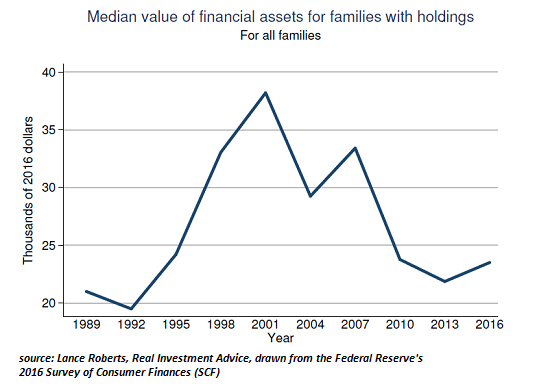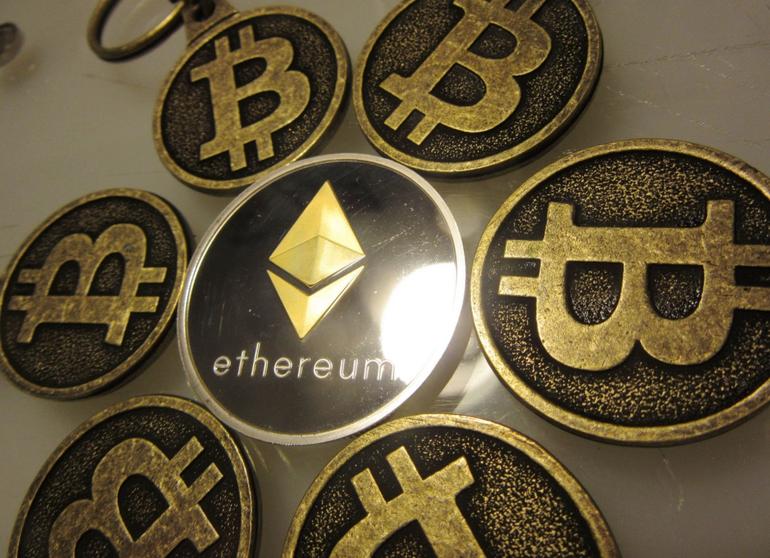Those who see governments banning ownership of bitcoin are ignoring the political power and influence of those who are snapping up most of the bitcoin.
To really understand an asset, we have to examine not just the asset itself but who owns it, and who can afford to own it. These attributes will illuminate the political and financial power wielded by the owners of the asset class.
And once we know what sort of political/financial power is in the hands of those owning the asset class, we can predict the limits of political restrictions that can be imposed on that ownership.
As an example, consider home ownership, i.e. ownership of a principal residence. Home ownership topped out in 2004, when over 69% of all households “owned” a residence. (Owned is in quotes because many of these households had no actual equity in the house once the housing bubble popped.)
The rate of home ownership has declined to 63%, which is still roughly two-thirds of all households. Clearly, homeowners constitute a powerful political force. Any politico seeking to impose restrictions or additional taxes on homeowners has to be careful not to rouse this super-majority into political action.
But raw numbers of owners of an asset class are only one measure of political power. Since ours is a pay-to-play form of representational democracy in which wealth buys political influence via campaign contributions, philanthro-capitalism, revolving doors between political office and lucrative corporate positions, etc., wealth casts the votes that count.
Source/More: Of Two Minds – Why Governments Will Not Ban Bitcoin
















